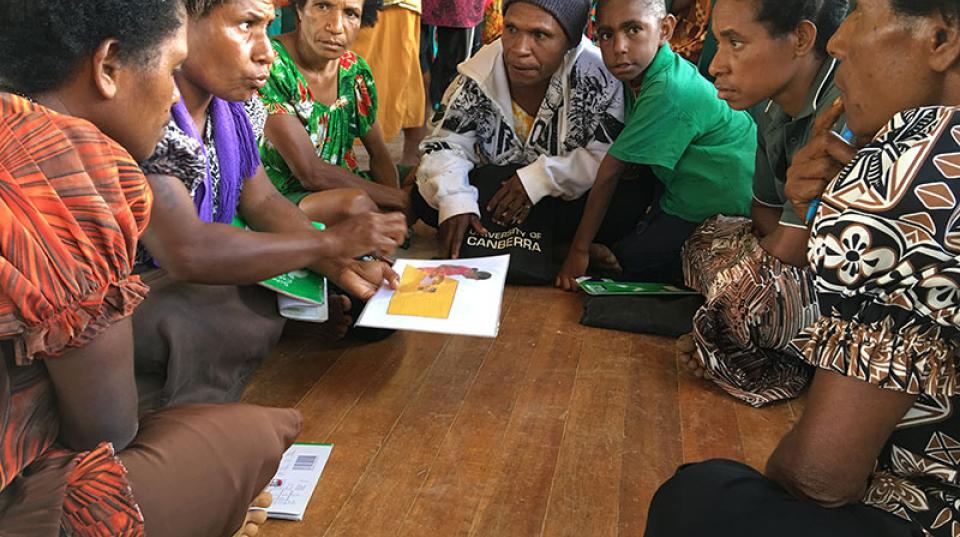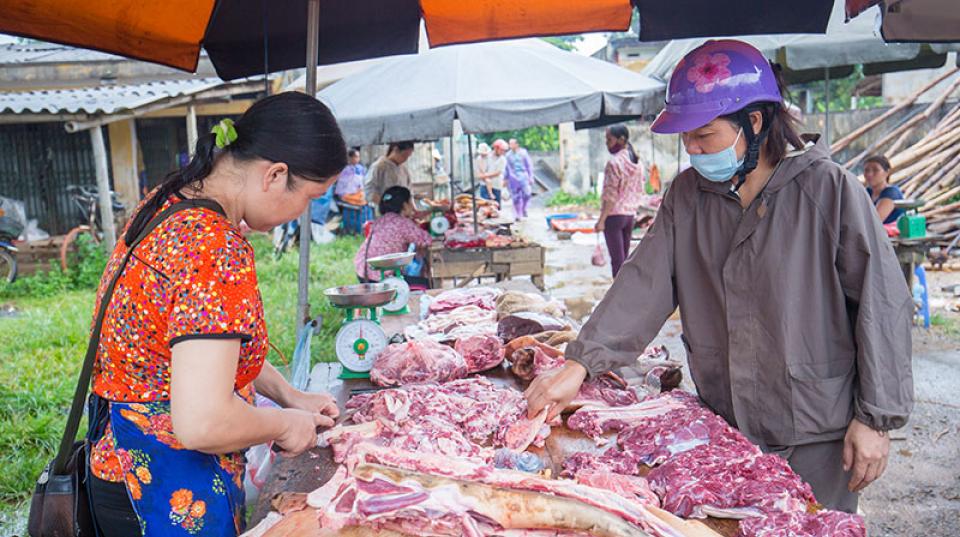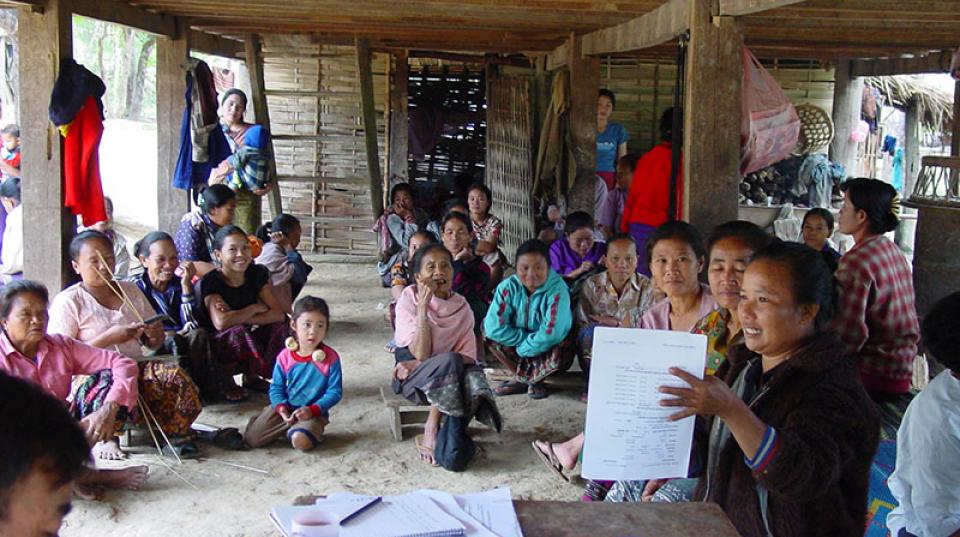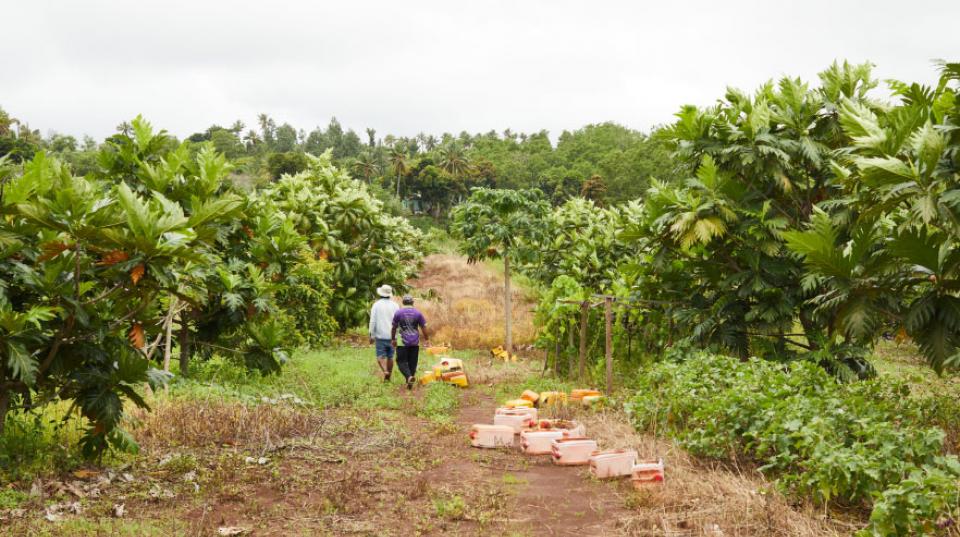Overview
This project aimed to develop an evidence-based approach that identifies the specific risk of economic hardship and food insecurity that women have experienced during the first year of the COVID-19 pandemic in Myanmar, the Philippines and Papua New Guinea.
Stage 2 of the ACIAR COVID19 assessment identified that gender inequity and its consequences were significant vulnerabilities across the Indo-Pacific region, and while some progress has been made in gender equality, significant inequality for women and girls remains persistent. The unequal access to productive resources (including land, service inputs, finance, training and information), markets and institutions, continues to hamper the realisation of women's human and productive potential. During conflicts and natural disasters, social structures are further destabilised, leaving many women and girls vulnerable to increased sexual violence, exploitative labour and trafficking. This is further compounded by the lack of adequate data and evidence to inform policy and program interventions and insufficient monitoring to address impunity and provide protection.
There is an opportunity to build an evidence base that identifies the specific risk of hardship, insecurity, and inequality that women have experienced during the first year of the COVID-19 pandemic. Before the COVID-19 pandemic outbreak, there was growing concern that the UN SDG #2, Zero Hunger, would not be met. Regionally, women and children have experienced more significant hardships accessing safe, affordable and nutritional foods during the COVID-19 pandemic. This is further compounded by the discrimination women experience in accessing credit, seed, and markets (formal and informal). A crisis on the scale of COVID-19, where lockdowns and border closures have caused extensive disruption to food systems and access to food markets, is likely to have created unequal gendered effects.
This pilot study encompasses a mixed-method research design through surveys and 'deep dive' studies. The research approach will produce information essential for developing reliable estimates of food insecurity and economic impacts on women in three countries due to the pandemic.
Project outcomes
- Identified the specific gendered impacts of the COVID-19 response on food security and socio-economic outcomes for women across three countries.
- Outlined opportunities and design approaches to mitigate the harm caused by the COVID-19 disruption at the individual, household, and community levels.







